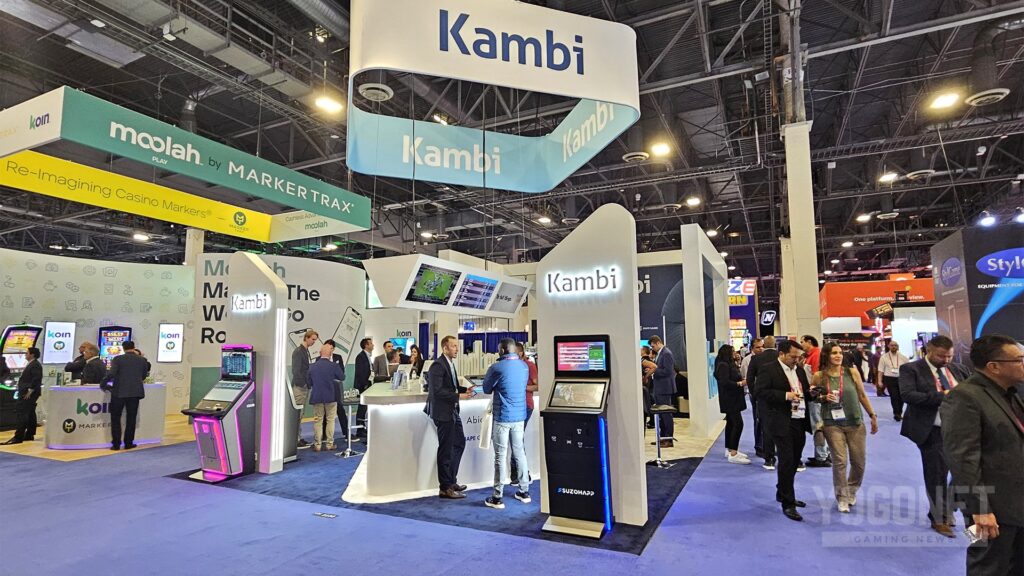Sports betting technology provider Kambi Group has initiated a share repurchase programme. The Board of the company has decided to exercise the buyback mandate which was received at the Extraordinary General Meeting on 19 June 2023, with the programme set to run until 21 May 2024, up to a total of €2.8 million ($3 million).
Kambi has entered into an agreement with Carnegie Investment Bank AB (Carnegie) to conduct the share repurchases on its behalf. Carnegie will make its trading decisions in relation to Kambi’s shares independently of and without influence by Kambi and in accordance with the Maltese Companies Act and other applicable rules.
The objective of the buyback is to achieve added value for Kambi’s shareholders and to give the Board increased flexibility with Kambi’s capital structure, the company said. In a press statement, Kambi noted that the acquisition of shares will take place on one or several occasions on the Nasdaq First North Growth market in Stockholm.
“Share repurchases are to be made at a price per share within a defined range. Share repurchases are to be made at a price per share within the recorded interval at any given time, i.e. the interval between the highest buying price and the lowest selling price,” detailed Kambi. “Total share repurchases under the programme may not exceed €2.8 million. Payments for the shares are to be made in cash.”
According to the EGM resolution, the maximum number of shares that may be acquired during this mandate is 3,127,830, which was equivalent to 10% of the total shares in the company at that time. Acquisitions can be made as of 5 December.
At the time of this announcement, the total number of issued shares in Kambi Group is 31,278,297. Kambi currently holds 657,992 of its own shares from prior repurchase programmes. Information on completed buybacks will also be available on the company’s website, noted Kambi.
The announcement follows Kambi posting an increase of 15% in corporate revenues for Q3, amounting to €42 million ($36.7 million). The revenue growth was achieved despite Kambi facing a lower operator turnover index during this period, which was down 6% year-on-year to 602.




